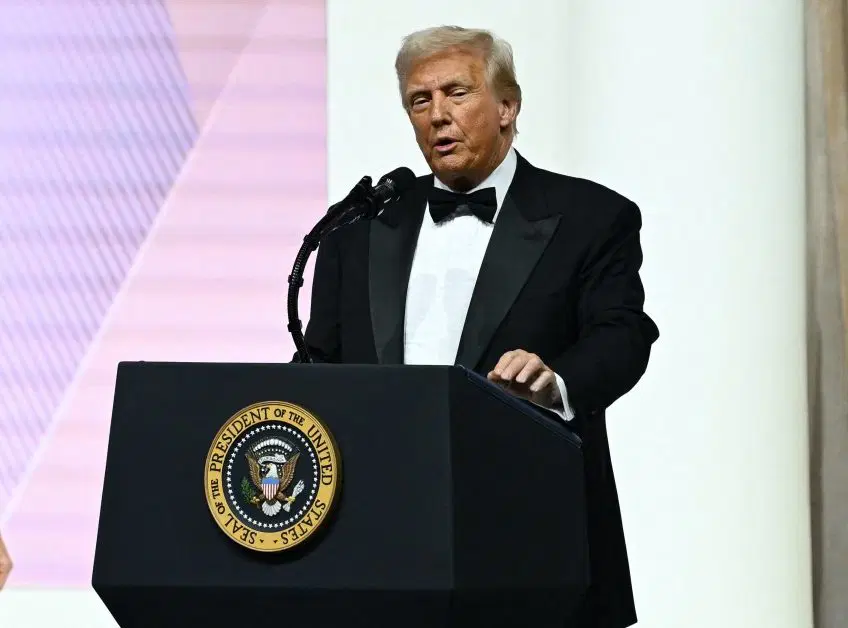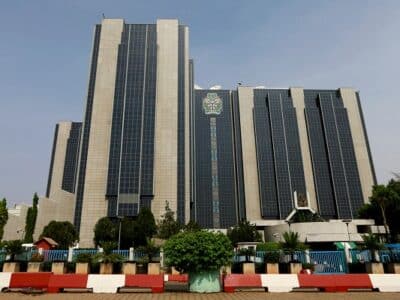
U.S. President Donald Trump has signed a sweeping new proclamation restricting entry into the United States for citizens of 12 countries, citing national security concerns and threats of terrorism.
The directive, signed Wednesday evening, imposes full travel bans on nationals from Afghanistan, Myanmar, Chad, Congo, Equatorial Guinea, Eritrea, Haiti, Iran, Libya, Somalia, Sudan, and Yemen.
According to the proclamation, partial restrictions will also apply to travelers from Burundi, Cuba, Laos, Sierra Leone, Togo, Turkmenistan, and Venezuela. The order takes effect at 12:01 a.m. EDT on June 9, 2025 (5:01 a.m. Nigerian time).
President Trump said the move is part of a broader effort to safeguard the United States from what he described as “foreign terrorists” and other national security risks.
“We will not allow people to enter our country who wish to do us harm,” Trump stated in a video address posted on X (formerly Twitter).
The President added that the list of affected countries could be revised in the future, depending on ongoing national security assessments.
Countries facing the harshest restrictions were flagged for either hosting a “large-scale presence of terrorists,” poor cooperation on visa security, inability to verify travelers’ identities, or for maintaining lax criminal records and immigration systems. High rates of U.S. visa overstays were also cited as a contributing factor.
“We cannot have open migration from any country where we cannot safely and reliably vet and screen those who seek to enter the United States,” Trump emphasized.
The proclamation aligns with Trump’s intensified immigration agenda in his second term, which includes a pledge to crack down on entry from regions like the Gaza Strip, Libya, Somalia, Syria, Yemen, and other “high-risk” zones.
In January, he signed an executive order directing U.S. security agencies to conduct a thorough review of global travel risks. That order mandated a list of countries deemed unfit for safe immigration due to substandard vetting processes.
This latest move echoes Trump’s controversial travel ban during his first term in 2017, which targeted several Muslim-majority countries and sparked widespread backlash before being upheld by the U.S. Supreme Court in 2018.
President Joe Biden had revoked the original ban in 2021, calling it “a stain on our national conscience.”
Now, as Trump doubles down on immigration control in his renewed presidency, global reactions and legal challenges may soon follow.




















Comments